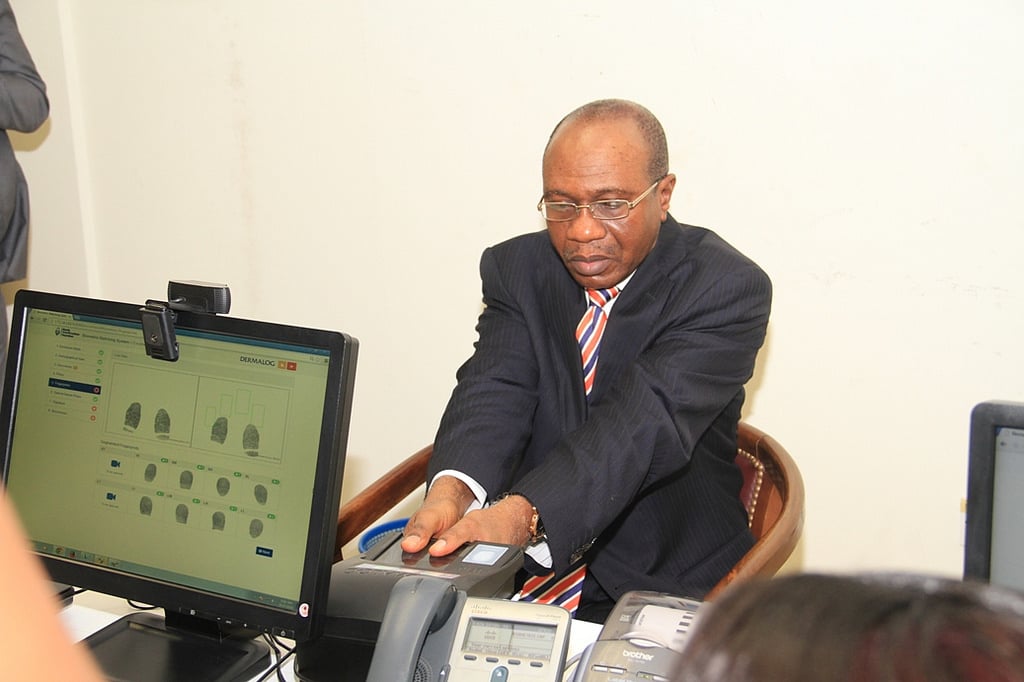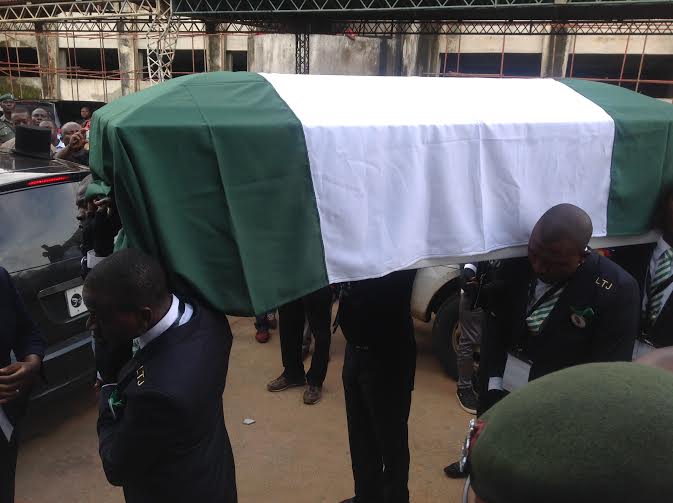The bill to mop up over N3 trillion from dormant accounts – especially funds deposited by deceased folks which their next of kin aren’t aware of — in Nigerian banks and an estimated N100 billion of unclaimed dividends held back by companies passed first reading in April in Nigeria’s Senate.
The bill proposes that if the owners of these monies don’t show up, the money would be used by the federal government to fund infrastructure like roads and power projects.
Records from Nigeria Inter-Bank Settlement System (NIBSS) show that as at February 2017 there were about 45.85 million accounts not linked with Bank Verification Numbers(BVNs) and when compared to active accounts the number dropped to 15.72 million.
Evidently, a vast proportion of these 15.72 million inactive accounts, which do not have BVNs, could belong to dead people, people who are indisposed abroad and are unable to have the BVNs and families who are still in court over estates of deceased relatives.
Advertisement
Expectedly, a presidency, which is in need of cash, would be excited about this bill. So, it wasn’t a surprise when a federal high court granted the temporary forfeiture of accounts not linked with BVNs to the federal government within two weeks, following the attorney general’s request.
The two weeks deadline ended on Friday.
One argument was that accounts without BVNs posed security risks. But, currently, no account holder can withdraw funds from any account without a BVN, except in connivance with corrupt officials. (This is enough measure to check illicit funds for now). And as SBM Intelligence argues, the real reason for the proposal to confiscate these funds has to do with government looking for money.
Advertisement
The government should not be in a hurry to lay its hands on this money. This money can only go back to government after every attempt has been made to locate the next of kin of original depositors, especially in cases of dormant accounts. There has to be a robust structure for tracing legitimate next of kin, especially for dead depositors.
The whole process of getting these funds should follow standards set by the UK and North America.
In the UK, where a similar law was passed, dormant accounts are defined as accounts that have not had any activity in the last 15 years. And conscientious attempts are made to locate the next of kin of original depositors before the government takes hold of them. These funds are mostly distributed to charities in the UK after the government takes hold of them.
The same applies in Canada. Banks are mandated to write account holders – addressing letters to the last known addresses of depositors – in the second and fifth year of inactivity. And after 9 years of inactivity, the balance is transferred to the Bank of Canada. This must be published in a national gazette.
Advertisement
There has been other legal issues concerning confiscating accounts without BVNs.
For example, as SBM Intelligence argues, the BVN policy is not a law and should not override the provisions of the nation’s constitution. Section 44 of the constitution states that: “No moveable property or any interest in an immovable property shall be taken possession of compulsorily and no right over or interest in any such property shall be acquired compulsorily in any part of Nigeria except in the manner and for the purposes prescribed by a law that, among other things – (a) requires the prompt payment of compensation therefore and (b) gives to any person claiming such compensation a right of access for the determination of his interest in the property and the amount of compensation to a court of law or tribunal or body having jurisdiction in that part of Nigeria.”
The government needs to be careful the way it confiscates these funds from our banking system, else it will send a wrong signal to the unbanked population. The banking system would run into trouble the day the man in the street becomes scared of putting his money in the bank.
Advertisement
Add a comment







